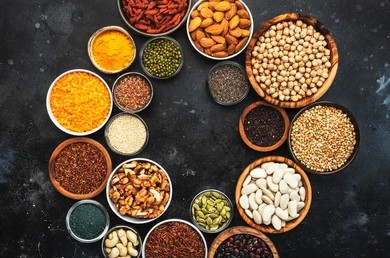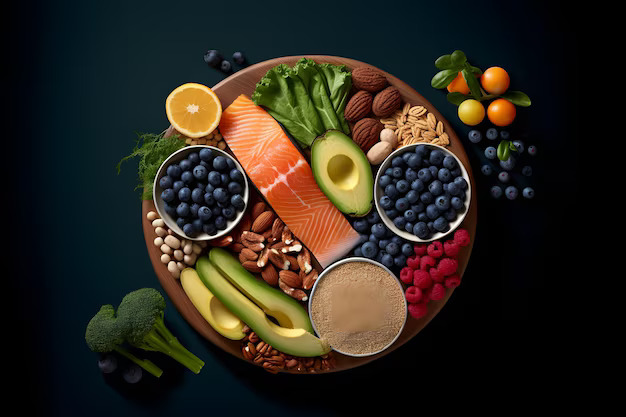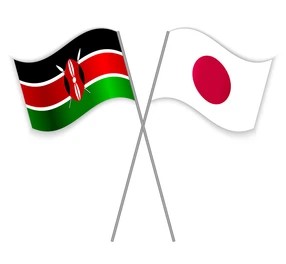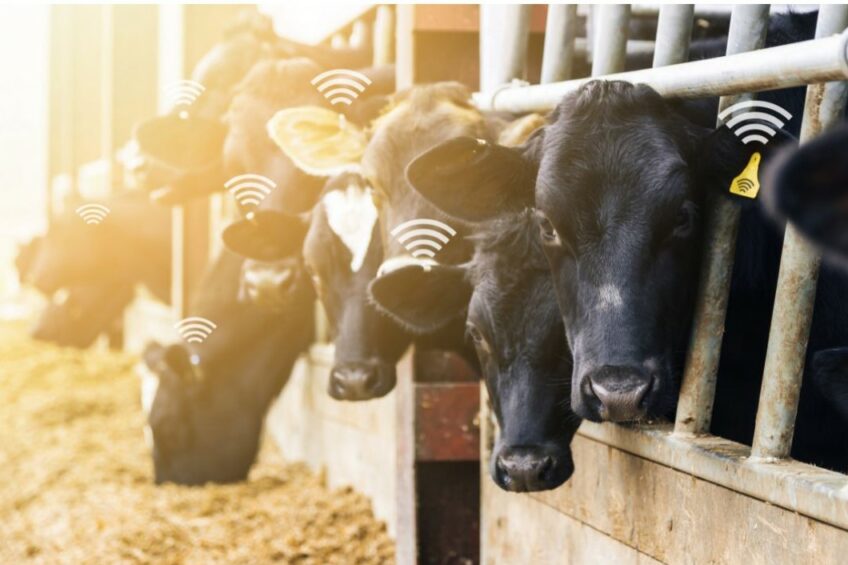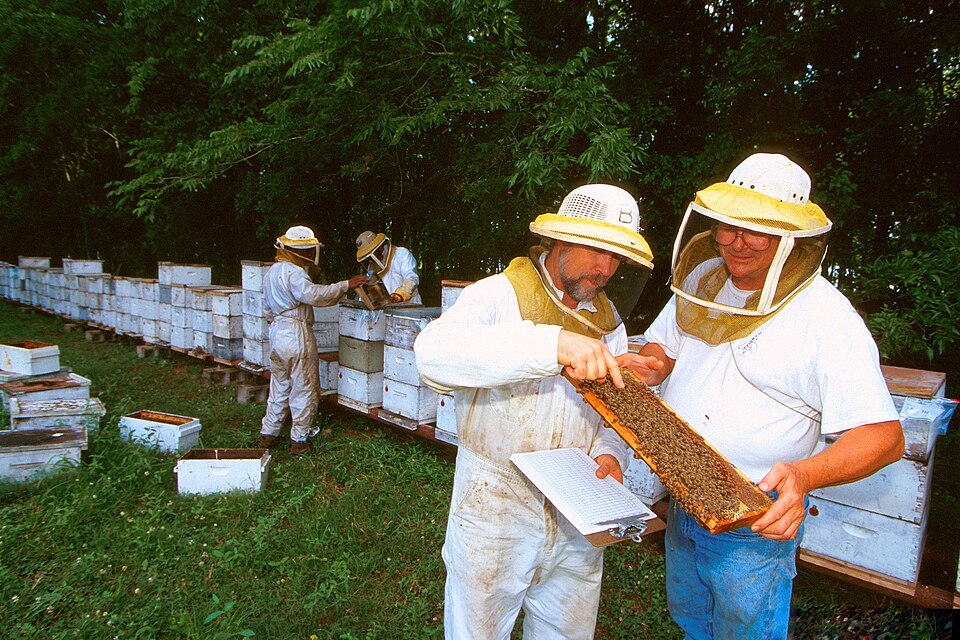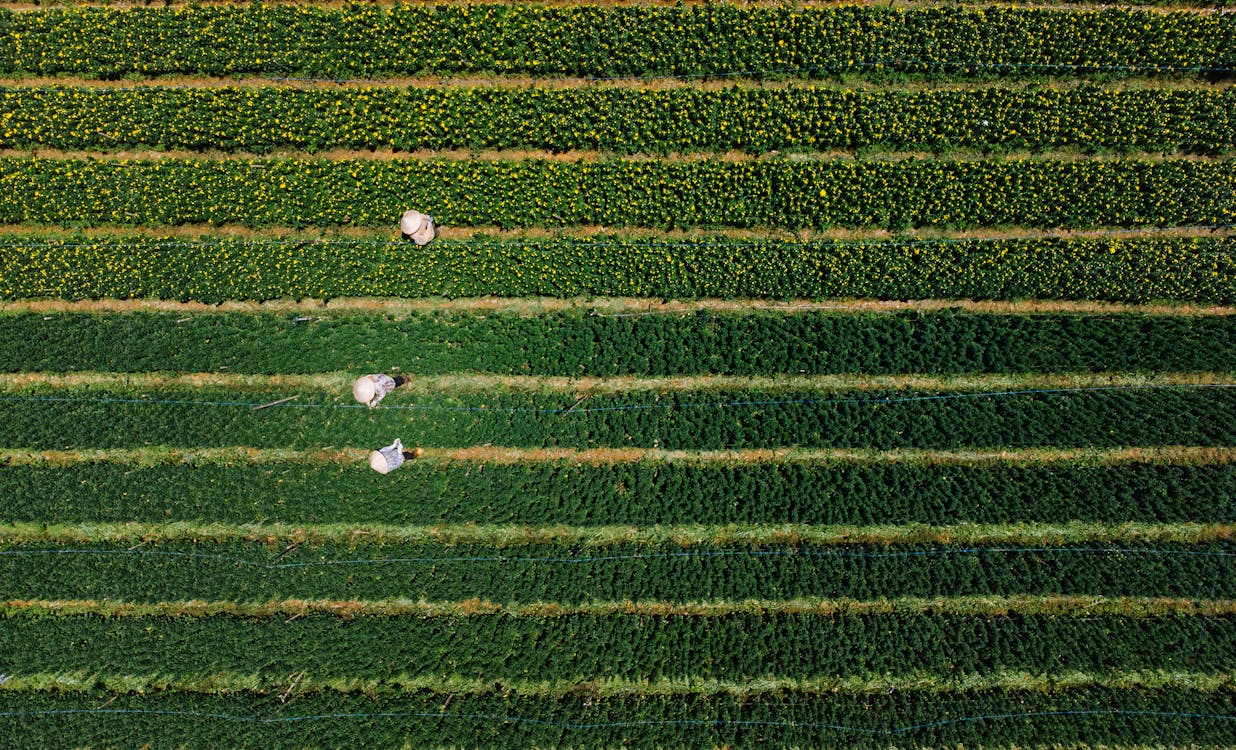Seeds and nuts are often underestimated in healthy dieting. These tiny superfoods are packed with essential nutrients that can significantly improve your health. Whether you're aiming to boost heart health, support brain function, or manage your weight, seeds and nuts should be a staple in your diet.
In this blog, we'll explore the top benefits of seeds and nuts, the best varieties to include, and tips on how to easily incorporate them into your daily meals.
Why Seeds and Nuts Are Essential in a Balanced Diet
1. Rich in Healthy Fats
Both seeds and nuts are excellent sources of healthy unsaturated fats, including omega-3 and omega-6 fatty acids. These fats play a crucial role in maintaining heart health, reducing inflammation, and supporting brain function.
2. Excellent Source of Plant-Based Protein
For vegetarians and vegans, seeds and nuts offer a convenient source of plant-based protein. Protein is essential for muscle repair, hormone production, and overall cellular function.
3. Packed With Fiber
Dietary fiber found in nuts and seeds helps improve digestive health, promote regular bowel movements, and keep you feeling full for longer — aiding in weight management.
4. Loaded With Antioxidants
Seeds and nuts are rich in vitamin E, selenium, and other antioxidants that help protect cells from oxidative stress, potentially lowering the risk of chronic diseases like cancer and heart disease.
5. Support Heart Health
Numerous studies have shown that regular consumption of nuts and seeds can reduce LDL (bad) cholesterol levels and lower the risk of cardiovascular diseases.
Here are some of the most nutrient-dense and health-promoting varieties:
🌰 Nuts:
- Almonds – High in vitamin E and magnesium.
- Walnuts – Rich in omega-3 fatty acids.
- Cashews – Good source of iron and zinc.
- Brazil Nuts – Extremely high in selenium.
- Pistachios – Great for protein and fiber.
🌱 Seeds:
- Chia Seeds – High in omega-3s, fiber, and calcium.
- Flaxseeds – Contain lignans and fiber; great for hormone balance.
- Pumpkin Seeds – Packed with zinc and magnesium.
- Sunflower Seeds – High in vitamin E.
- Hemp Seeds – Excellent source of complete protein.
How to Add Seeds and Nuts to Your Diet
- Add them to smoothies, oatmeal, or yogurt.
- Sprinkle on salads or soups for a crunchy topping.
- Use nut butters as spreads or in dressings.
- Bake into muffins, bread, or energy bars.
- Enjoy a small handful as a healthy snack.
💡 Tip: Keep portion sizes in mind; nuts and seeds are calorie-dense. A small handful (1 oz or ~28 grams) per day is typically sufficient.
Seeds and nuts might be small, but their impact on your health is huge. By adding a variety of them to your diet, you can enjoy better heart health, enhanced energy, improved digestion, and a stronger immune system.
Make these nutrient-packed powerhouses part of your daily routine and your body will thank you.
FAQs
Q1: Can I eat seeds and nuts every day?
Absolutely. In moderation, daily consumption can support long-term health benefits.
Q2: Are roasted nuts and seeds healthy?
Yes, but opt for dry-roasted and unsalted varieties to avoid added oils and sodium.
Q3: What are the best nuts for weight loss?
Almonds, pistachios, and walnuts are great choices due to their high protein and fiber content.

